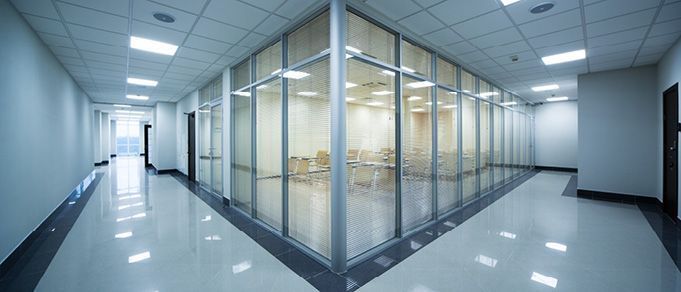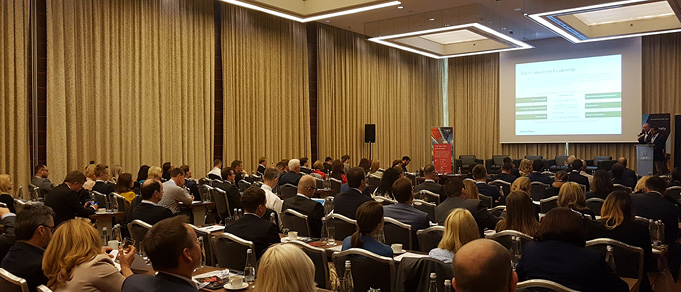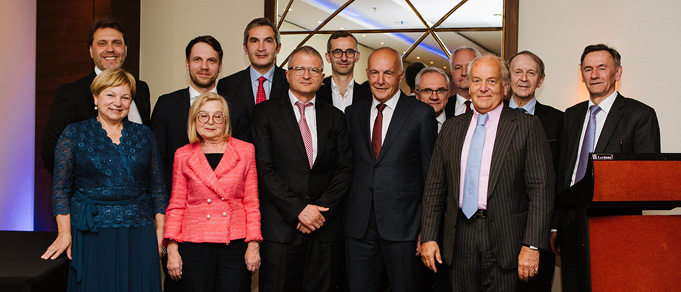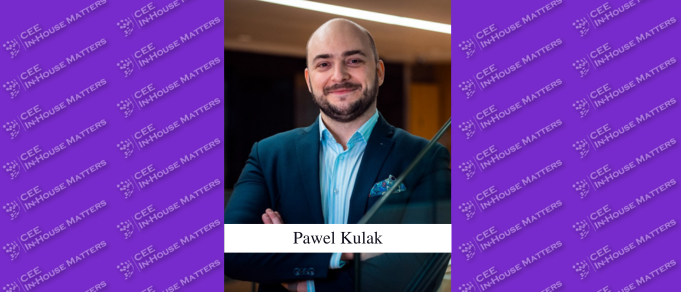So far, 2017 has been a very challenging year for dispute resolution in Slovakia, as several new laws changing the current approach to court proceedings and arbitration have entered into force. Practitioners as well as the courts need, therefore, to balance the old rules (which are to some extent still applicable to ongoing proceedings) with the new rules.
The Corner Office: The Least Favorite Thing
In The Corner Office, we invite Senior and Managing Partners at law firms from across the region to share information about their careers, management styles, and strategies. For this issue, we asked them to describe their least favorite part of their jobs.
Slovakia (Finally) Introduces Specialized Court for Industrial Property Disputes
As part of the long-planned reform of intellectual property (IP) law in Slovakia, it was finally agreed that IP disputes should be handled by a court system able to truly understand the (often rather technical or technological) nature of IP. This decision stemmed from the frustration of many IP owners with the fact that court decisions sometimes lacked sufficient quality and that the proceedings (especially in some courts) took far too long.
Third Annual GC Summit in Warsaw the Biggest Yet
The 2017 CEE Legal Matters General Summit took place at the Intercontinental Hotel in Warsaw on June 1-2, 2017, once again bringing together well over a hundred General Counsel and Heads of Legal from across Central and Eastern Europe for two full days (and one entertaining evening) of seminars, panel discussions, best practices review, and networking. This year’s event — the third annual, following the 2015 GC Summit in Budapest and the 2016 GC Summit in Istanbul — was the biggest and most successful yet.
Elite CEE Lawyers Gather in Warsaw for Market Makers Award Ceremony
On May 31 and June 1, 2017, CEE Legal Matters was proud to host a rare event: A gathering of those senior lawyers from each Central and Eastern European country identified by peers as being most influential, most important, most uniquely responsible for having created the country’s modern commercial legal market.
Major Reforms to Enter into Force in 2017
Since former Of Counsel of Taylor Wessing Bratislava Lucia Zitnanska was appointed Slovak Minister of Justice in April 2016, the legislative changes prepared by her department have primarily been driven by the practical need to improve the enforceability of law and increase the importance of e-communication tools. To those ends, two major reforms concerning debt enforcement will enter into force in the first half of 2017.































